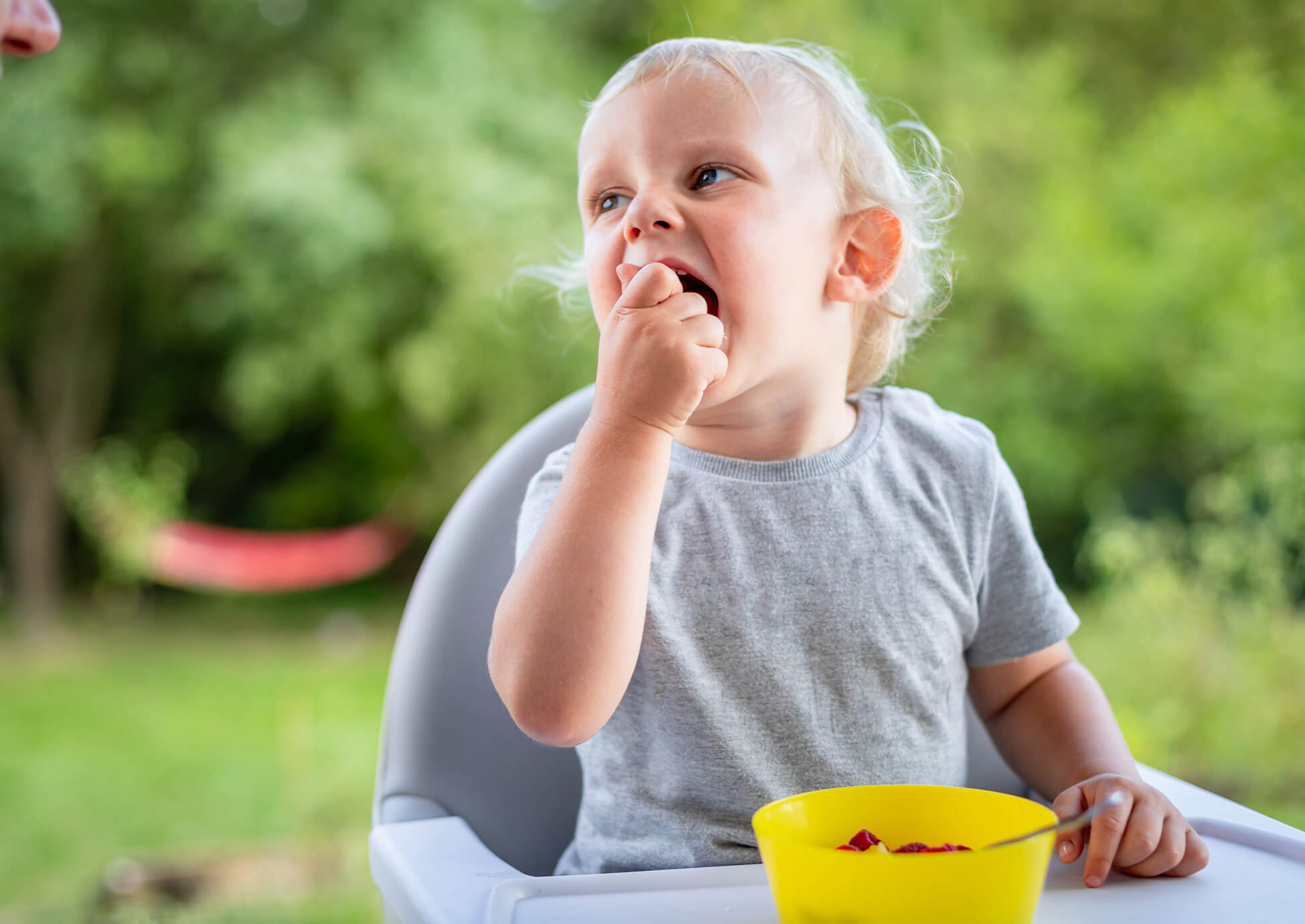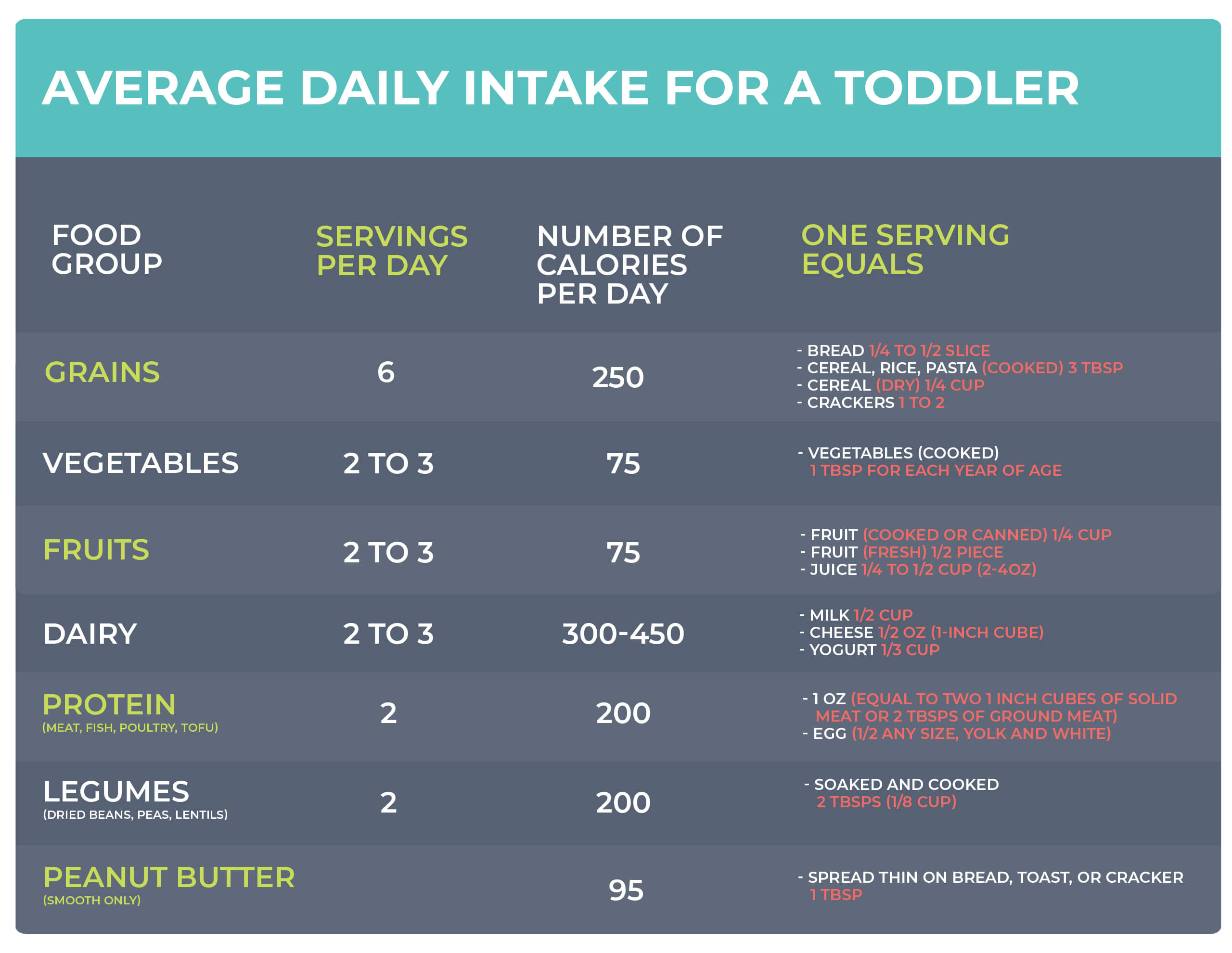Positive Parenting Tips for Toddlers (1-3 years)
Child abuse needs to stop and education is the key.
The following free resources are essential to driving change and
are made possible through your contributions, thank you.


TODDLERS (1-3 YRS) DEVELOPMENTAL MILESTONES
Developmental milestones are things most children can do by a certain age. Children reach milestones in how they play, learn, speak, behave, and move (like crawling, walking, or jumping).
Understanding the milestones for each age is important because positive parenting strategies vary based on the child’s needs at certain stages.
What happens to kids in childhood shapes who they become as adults. Children who are nurtured and supported throughout childhood are more likely to thrive and develop into happy, healthy, and productive adults.
TODDLERS (1-2 YEARS OF AGE)
During the second year, toddlers are moving around more, and are aware of themselves and their surroundings. They show an increasing desire to explore new objects and people.
During this stage, toddlers will show greater independence; begin to show defiant behavior; recognize themselves in pictures or a mirror; and imitate the behavior of others, especially adults and older children.
Toddlers also should be able to recognize the names of familiar people and objects, form simple phrases and sentences, and follow simple instructions and directions. More info @ CDC.
TODDLERS (2-3 YEARS OF AGE)
Skills such as taking turns, playing make believe, and kicking a ball, are called developmental milestones.
Because of children’s growing desire to be independent, this stage is often called the “terrible twos.” However, this can be an exciting time for parents and toddlers.
Toddlers will experience significant thinking, learning, social, and emotional changes that will help them explore and make sense of their world.
During this stage, toddlers should be able to follow two- or three-step directions, sort objects by shape and color, imitate the actions of adults and playmates, and express a wide range of emotions.
TODDLERS (2-3 YEARS OF AGE)
Skills such as taking turns, playing make believe, and kicking a ball, are called developmental milestones.
Because of children’s growing desire to be independent, this stage is often called the “terrible twos.” However, this can be an exciting time for parents and toddlers.
Toddlers will experience significant thinking, learning, social, and emotional changes that will help them explore and make sense of their world.
During this stage, toddlers should be able to follow two- or three-step directions, sort objects by shape and color, imitate the actions of adults and playmates, and express a wide range of emotions.
POSITIVE PARENTING TECHNIQUES FOR TODDLERS
You don’t have to be a perfect parent to make a positive impact on your child. Positive parenting can be as simple as singing a song or taking a walk with your little one. Find some ideas for implementing positive parenting with your toddler below.
- Set up a special time to read books with your toddler.
- Encourage your child to take part in pretend play.
- Play “parade” or “follow the leader” with your toddler.
- Help your child to explore things around them by taking a walk or wagon ride.
- Encourage your child to tell you his/her name and age.
- Teach your child simple songs like “Itsy Bitsy Spider” or other children’s songs.
- Give your child attention and praise when they follow instructions and show positive behavior, and limit attention for defiant behavior like tantrums. Teach your child acceptable ways to show feelings of upset.
KEEPING YOUR TODDLER SAFE
- Do NOT leave your toddler near or around water (for example, bathtubs, pools, ponds, lakes, whirlpools, or the ocean) without adult supervision. Fence off backyard pools. Drowning is the leading cause of injury and death among this age group.
- Encourage your toddler to sit when eating and to chew food thoroughly to prevent choking.
- Check toys often for loose or broken parts.
- Encourage your toddler to keep pencils and crayons out of their mouths when coloring or drawing.
- Do NOT hold hot drinks while your child is sitting on your lap. Sudden movements can cause a spill and may result in your child being burned.
- Keep your child buckled up properly in the back seat with a safety approved car seat and harness while driving.
KEEPING YOUR TODDLER HEALTHY
- Talk with your child care provider to find out if they serve healthy food and drinks and limit screen time.
- Encourage them to try new foods by offering small bites to taste. Your toddler‘s food preferences might change from day to day. It’s normal behavior, and it’s best not to make an issue of it.
- Keep television sets out of your child’s bedroom. Limit screen time, including video and electronic games, to no more than 1 to 2 hours per day.
- Encourage free play as much as possible. It helps your toddler develop strength and motor skills.
Serving Sizes for Toddlers

Here’s a general guide for feeding your toddler:
• Each day, a child between ages 1 and 3 years needs about 40 calories for every inch of height. This means, for example, that a toddler who measures 32 inches should be taking in an average of about 1,300 calories a day, but the amount varies with each child’s build and activity level.
• The child’s serving size should be approximately one-quarter of an adult’s.
Here’s an average toddler-sized meal:
- One ounce of meat, or 2 to 3 tablespoons of beans
- One to 2 tablespoons of vegetable
- One to 2 tablespoons of fruit
- One-quarter slice of bread
Your toddler will get enough calories along with all the protein, vitamins, and minerals he or she needs from an average daily intake similar to the chart below.
For Additional Information Visit:

References & Sources
- Positive Parenting Information Toddlers 1-2 Years CDC.
- Positive Parenting Information Toddlers 2-3 Years CDC.
- HealthyChildren.org
The abuse may be brief, but the trauma lasts a lifetime.
Kids’ lives and futures are on the line!
Be the voice against neglect and contribute to end child maltreatment today.
Positive Parenting Support,
At the click of a button.
Previous Section
Parenting Resource Center
Positive Parenting Tips for Toddlers (1-3 years)
Next Section
